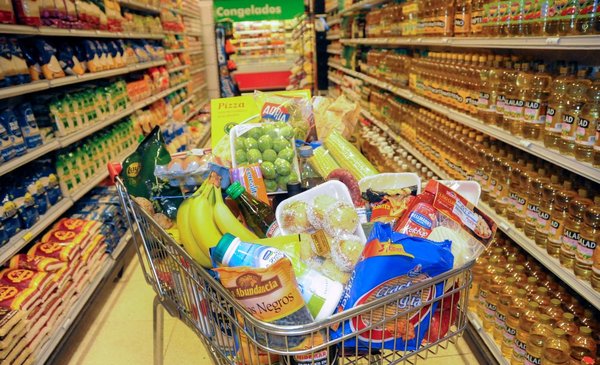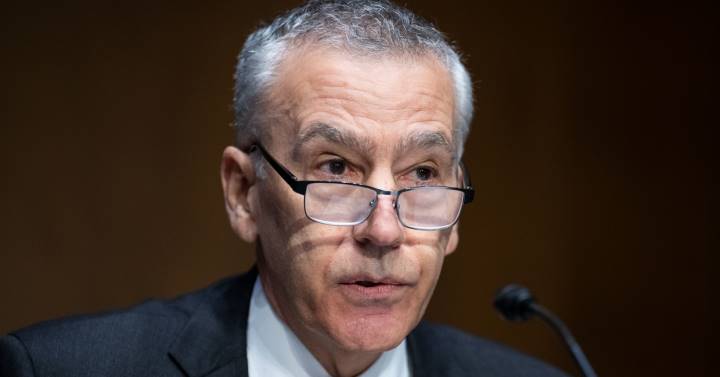“We have been working on what makes the formation of prices. We want to have lower prices and that requires structural changes. Today we are announcing two steps that we hope will be the beginning of other steps that will continue”, said the Minister of Economy and Finance, Azucena Arbeleche, during a press conference last Tuesday.
In this direction, the Executive Power ordered lower import tariffs of two products that became very expensive after the beginning of the war between Russia and Ukraine: wheat flour and vegetable oil. For the wheat flour from Argentina the import tariff was reduced from 12% to 6%, and was eliminated for imports from outside Mercosur. In refined soybean and sunflower oils, the 21% tariff rate was eliminated for purchases made in non-zone countriesand fell from 16% to 8% for products of Argentine origin.
From the Warehouse Importers and Wholesalers Associationit was indicated to The Observer it is understood that these measures “They are an important advance to reduce inefficiencies and cost overruns in import processes.” “In this sense, we anticipate that these measures will reduce the prices of products, at least in what refers to our sector,” said a source from the union.
This without prejudice to the fact that it is understood important to continue working to “improve various inefficiencies that still exist in the food control system” and that it is understood can be of help to continue reducing costs.
The CEO of the Ta-Ta supermarket chain, Christopher Jones told The Observer that any measure that helps to make the merchandise more accessible for the consumer’s pocket is positive. At the same time, he marked as something “extremely important” to continue searching for substantive solutions to issues of a structural nature of costs and the number of actors associated with the transaction of mass consumer goods in the market. “Read ask ourselves how we make there is greater competition and efficiency so that consumers pay less for what they consume,” he said.
For the executive, the measures will be reflected in a price reduction only if the acquisition cost paid by merchants to their suppliers reflects that reduction associated with the product. Otherwise, competition at the point of sale will continue to benefit the consumer, he explained.
Jones acknowledged that this can work as an incentive to seek direct import as a way to expand the offer and add competition in these areas. Nevertheless, He remarked that the existence of “outdated requirements, barriers and other obstacles are not a good incentive to try to direct that option.”
Piqsels
For the economist specialized in competition Sebastián Fleitas, it is a positive change that can contribute to reduce the oligopolistic power of these industry sectors (meals and oils), as he told The Observer.
In addition, he added that the non-tradable sector is the one that has the characteristics that place it as “the axis of reforms aimed at increasing productivity.” In the first place, because it is made up of markets “with greater concentration and an apparent lower intensity of competition”. He also mentioned that it has an impact on the tradable sector.
“Let us think, for example, that an imported good has port services and those of a set of internal chains as costs before reaching consumers, and that the final price of the product depends on the efficiency and costs of these services. Finally, in many of these sectors public companies participate or have an impact,” said Fleitas on the blog in Reasons and People.
The government also reported that the existing regulations will be regulated to allow the Technological Laboratory of Uruguay (LATU) to carry out random controls on imports of food and beverages based on their risk analysis. This will allow “rationalizing processes” and lowering costs, the authorities specified. The rate charged by LATU on food imports goes from 1.5% plus VAT to 0.5% plus VAT from next June.
On this point, the economist from the Center for Development Studies (CED), Ignacio Umpiérrez, told The Observer that “it is not going to be the most talked about, but it is a tip of a very complex issue, that the government is analyzing and that needs to be addressed: start acting on the formation of prices of some goods, such as food and hygiene,” he said.


















